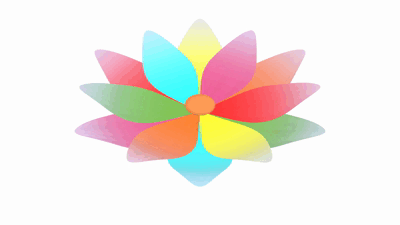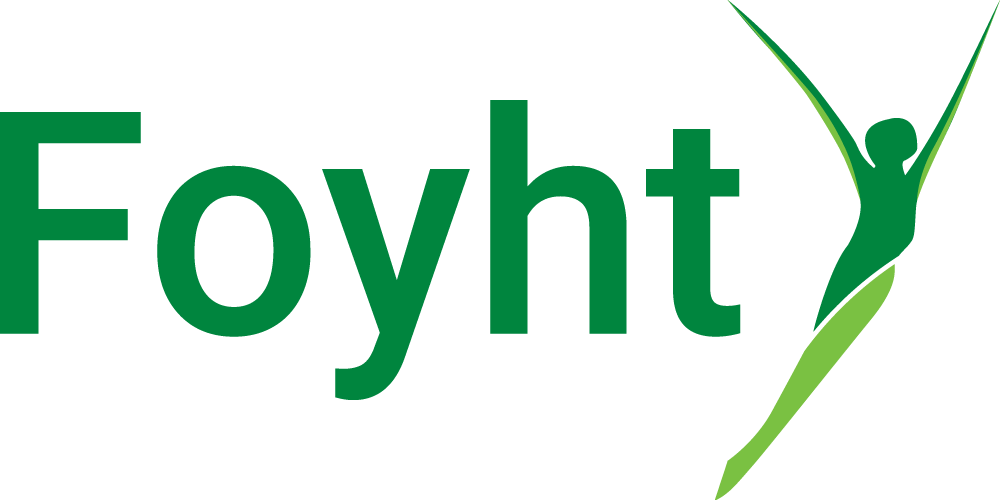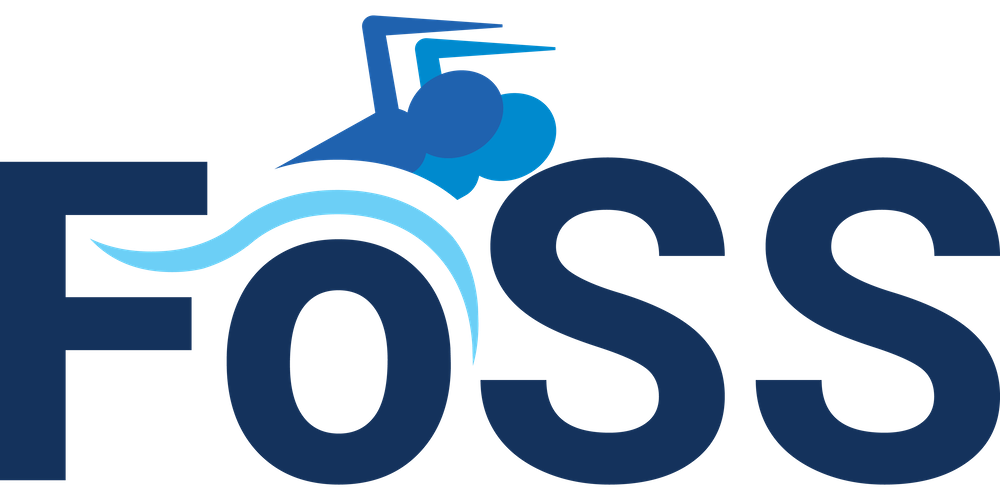The Power We’re All Forgetting
Compassion. It’s a word so overused that many of us stop hearing it, but so under-practised that you can feel its absence everywhere—in our homes, our workplaces and especially in our wider world. And yet, compassion is the very fuel that makes human connection possible. Without it, we’re simply actors on a stage, playing our roles while secretly breaking inside.
I want you to think about this for a second: every single person you meet today has something they’re carrying. It could be grief that nobody sees, anxiety disguised as humour, or financial worries hidden behind a professional smile. As the saying goes, “Be kind, for everyone you meet is fighting a hard battle.” The line is often attributed to Plato, but whether he said it or not, it doesn’t matter—the truth is self-evident.

Photo by Anna Shvets
Now, here’s where most of us get it wrong. We assume we need to know someone’s story to show compassion. We don’t. Compassion is not dependent on data. It’s not a spreadsheet you fill in once you’ve ticked the boxes of someone’s background. Compassion is an attitude, a choice and sometimes—let’s be honest—a discipline. Because let’s face it: people can be difficult, abrasive or even downright offensive. And yet, the people who most resist love are the ones who often need it the most.
Wayne Dyer once said, “When you squeeze an orange, you get orange juice—because that’s what’s inside.” When life squeezes us, what comes out? Is it patience? Understanding? Or is it judgement, frustration, anger? For many people, it’s the latter—not because they’re bad people, but because their inner world is so cluttered with unresolved pain that there’s no room left for compassion.
That’s exactly why I run courses like BreathPower. People often come in thinking they’re going to learn a technique for calm breathing, and yes, they do. But more importantly, they walk away having cleared their own mental clutter. The stress. The old narratives. The noisy voices that tell them they’re not enough. When those are released, what’s left? Space. Clarity. And in that space, compassion can finally thrive.
You cannot give what you do not have. If your cup is full of resentment, anxiety or exhaustion, that’s what you’ll pour into others, no matter how hard you try to mask it. But when you empty that cup of the junk and refill it with presence, awareness and a little bit of self-love, you naturally start offering compassion to others. Without effort. Without calculation.

Photo by Anna Shvets
Here’s something I’ve learned in decades of working with people: compassion isn’t fluffy. It’s not weak. It’s one of the strongest forces in the universe. It takes courage to look at someone and say, “I don’t know your struggle, but I’ll give you patience anyway.” It takes resilience to remain calm in the face of aggression. It takes strength to say, “I’ll choose understanding instead of judgement.”
And compassion doesn’t just transform the receiver—it transforms the giver. When you extend compassion, you’re reminded that you’re more than your ego, more than your story, more than the dramas and headlines that pull us apart. You are, in fact, part of something greater.
In a world addicted to being right and hypersensitive to criticism and triggered by even the slightest guess of criticism, compassion is radical. In a culture obsessed with speed and productivity, compassion is revolutionary. And right now, we need a little revolution. Not the kind that breaks things apart, but the kind that stitches us back together.

Photo by Lisa from Pexels
So here’s my invitation to you: the next time someone cuts in front of you in traffic, or gives you a curt email reply, or snaps at you in a shop, pause before reacting. Remember that you have no idea what’s going on in their world. Then choose compassion. Even if it’s silent. Even if it’s just letting go of your anger.
Because when you do, you’re not just being kind—you’re rewiring the very fabric of our human community. And perhaps, just perhaps, you’ll inspire someone else to do the same.
And wouldn’t that be a better world to live in?
Main – Photo by Engin Akyurt





